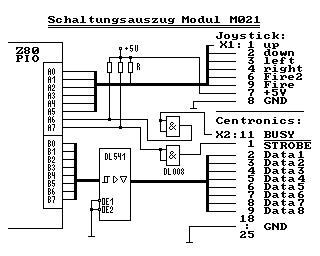CFOG's PIP, April 1987, Volume 5 No. 6, Whole No. 54, page 3
Questions and Answers
[Please submit questions to the Editor, in person, by mail, or via CFOG's remote systems. If you're shy, do it by mail and leave your name and address off. I'll try to find answers to all questions. If I can't, we'll publish here without answers and hope a reader will submit one. -- bhc]
Question:
I want to maintain a list of names and addresses that I can quickly and easily insert into letters and other documents. What's the best way?
Answers:
I say answers because, like a lot of things we do with our computers, there isn't one best way to do this. Which method best suits your needs will depend on a number of factors, including whether you are running on a floppy disk system, with a RAM disk, or a hard disk, and how many names and addresses you need to store. The methods below are adaptable to all systems.
One solution is to use a 'keys' program, such as GKEY2, SmartKey, XtraKey or SuperKey. You can store names and addresses to be recalled instantly, with formatting, with one or two keystrokes. The number of addresses you can store is limited by the particular program, only a few with the public domain GKEY2 with it's limit of 512 bytes of definitions, up to about 7.5K bytes with SmartKey, even more with XtraKey, but the more addresses you store the more you intrude on your transient program area (TPA). This may or may not be important, depending on other factors. You can, of course, have more than one definition file.
An alternative is to store names and addresses in a file. You could simply read the file into a WordStar or NewWord file, then delete the unwanted parts.
A combination solution is offered by programs like Sidekick and Presto!. You would access the notepad, load in the file, search for the text key that you wanted, then 'cut and paste' the wanted section into the text. These programs both offer a 'keys' functions, also.
File based solutions are better suited to a RAM disk or hard disk, since disk access time is required, which can be slow with a floppy system. 'Keys' program and Presto! solutions are faster since the data is be stored in memory. On the other hand, a 'keys' program makes you remember which key has which name and address, while with a file-based solution you could search the file for the name you wanted.
Any additional solutions to this problem should be sent to the Editor for inclusion in a future issue of PIP.

